The civilization of Persia (Iran) was one of the most flourishing that existed for thousands of years and, beyond art, left us culture and several techniques, to improve the cities, worthy of admiration. The strange holes in the ground in the photo below are almost 2700 years old. This facility is called kyariz, or qanat, a gently sloping underground water channel to transport the water from an aquifer or water well to the surface for irrigation and drinking.
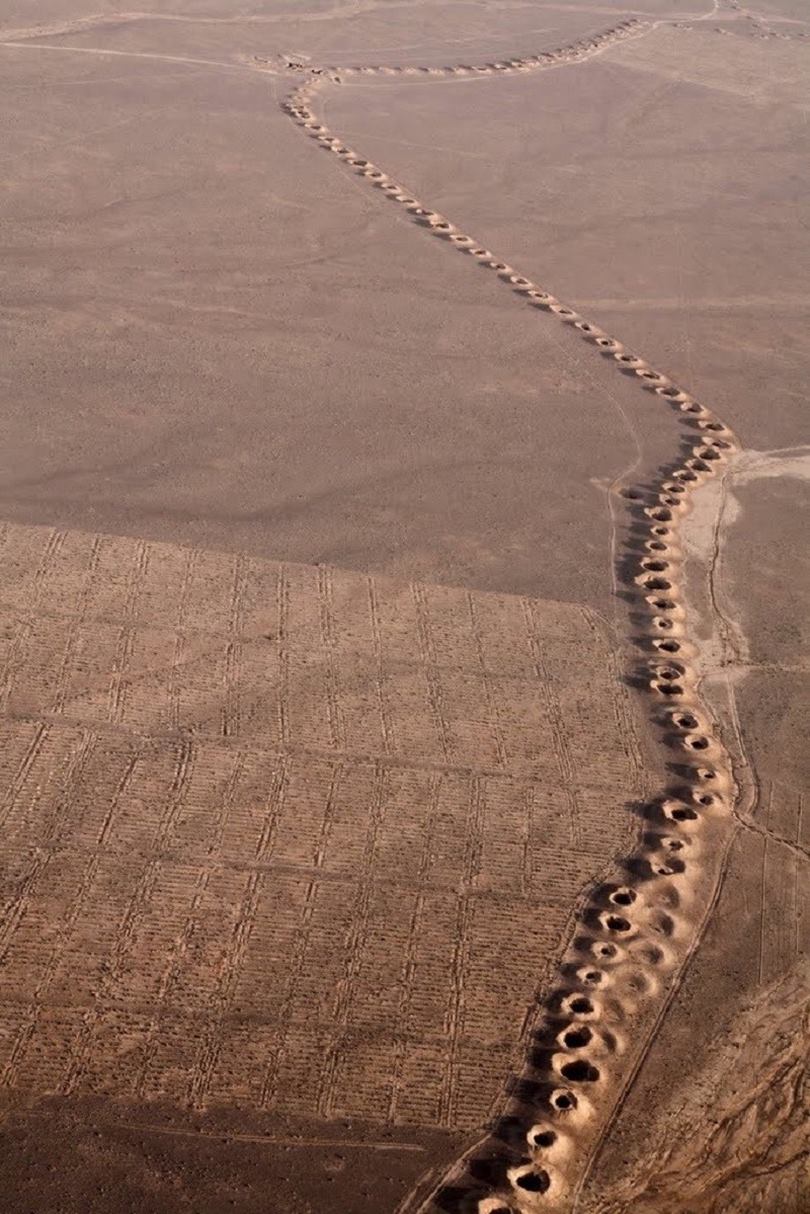
Qanat water system
Ancient Persian Qanats much of its success was due to its excellent water management, both in cities and in the countryside. The empire lived under high temperatures and a very dry climate, so it was essential to know how to enjoy the scarce rains. One of his best inventions was the Qanat, an underground infrastructure capable of collecting and channelling rainwater from aquifers and valleys, and transporting it to cities. This ancient Persian water system has now been named a World Heritage Site by UNESCO in 2007.
Photo by Wikipedia.org
Qanat water management system
The Qanats technique was developed in Persia. This wonderful invention has been extended to other arid countries such as Morocco, Algeria, Libya, and Afghanistan. First, the main well was dug up a hill, until an underground aquifer was found. Then a horizontal tunnel was built, from the bottom of the hill to the source of water. The tunnel had a pipeline and a large slope to transport the water to the desired location. The higher the Qanat, the lower its slope.
Underground irrigation system
The other vertical wells were built along the Qanat. These ensure the ventilation of water, as well as its control and rationing. It was also an escape route from the earth, generated by emptying the tunnel. The length of these Qanats is 33.113 meters and contains 427 grooves for water. The facilities were built using the laws of physics, geology, and hydraulics.
Photo by ICQHS
Thanks to its depth, the Qanat system collected water from the aquifers and avoided evaporation during transport. Within this infrastructure, there are also rest areas for workers, tanks, and watermills.
Being water filtered through the earth, the flow was safe and clean, so it was ideal for both drinking and watering. At the end of the Qanat, there was a building that stored the water, where people could also make their own private plumbing. The Persian government was forced to build the Qanat to transport water from the mountains to the city and to the public toilets. Rich people could do an extension to their land with their own money. The public cisterns, called Ab Anbar, were another wonderful device. They had an air intake system to keep the water cold in the desert.
Most curious of all is that this old water management system still continues to run, and allows an equitable and sustainable distribution of water and it provides water to about 40,000 people.
Photo by MAITE ELORZA
Photo by ICQHS
Photo by Img-Fotki
Photo by Img-Fotki
Photo by dynamosquito
A badger: typical Iranian desert natural cooling system made with mud bricks and Adobe. It uses the air circulation between 2 towers passing through a dome refreshed by the flow of water into an underground channel named Qanat.
Photo by Img-Fotki
Photo by Img-Fotki
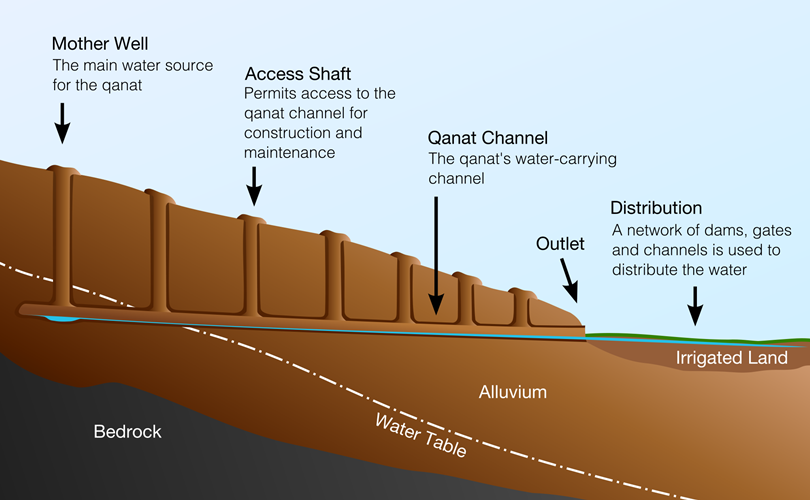

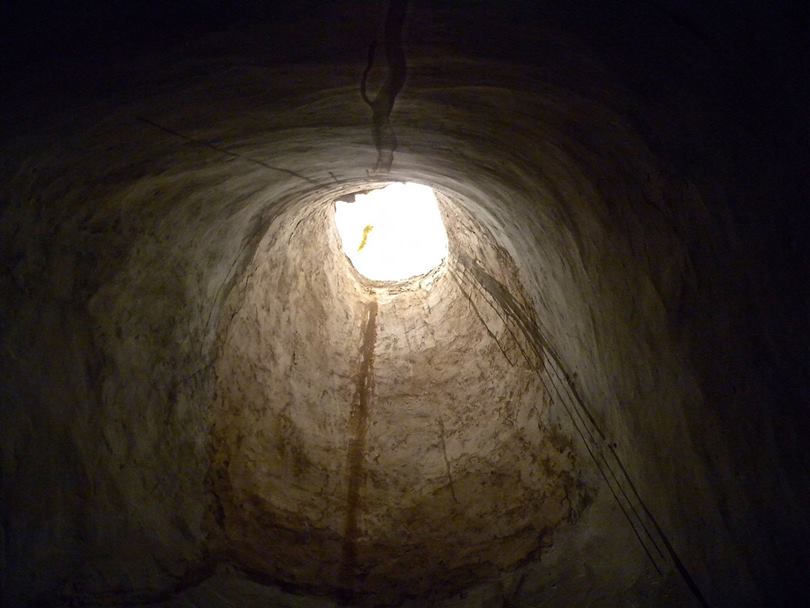
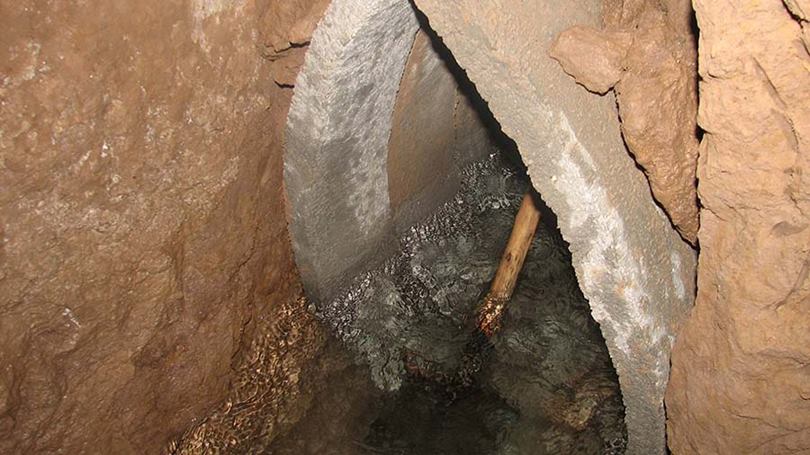
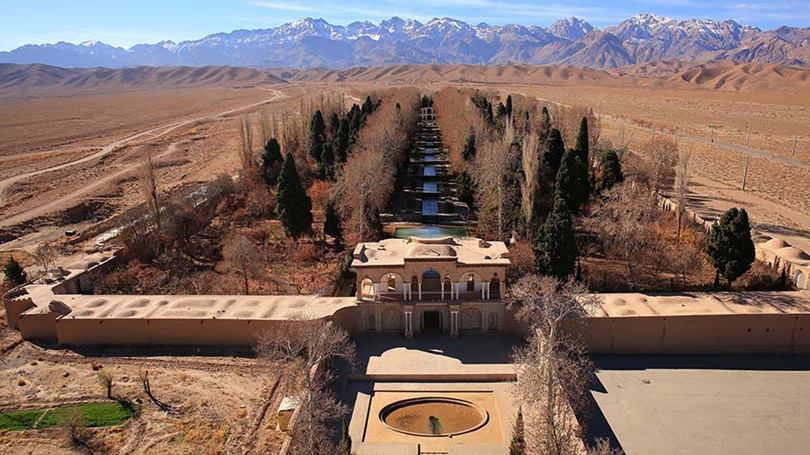
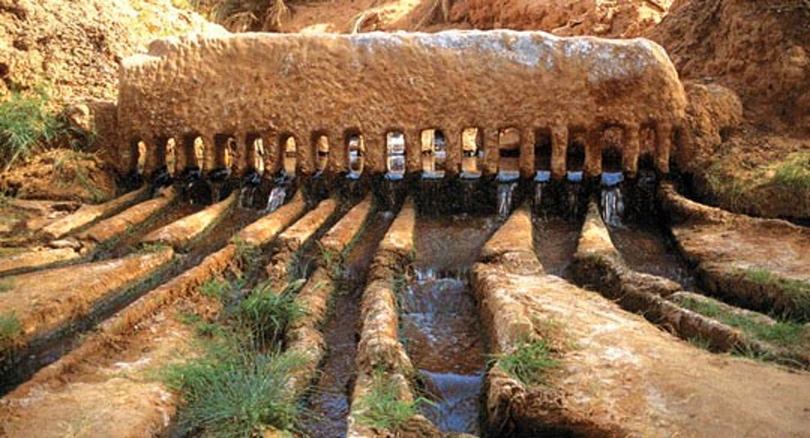
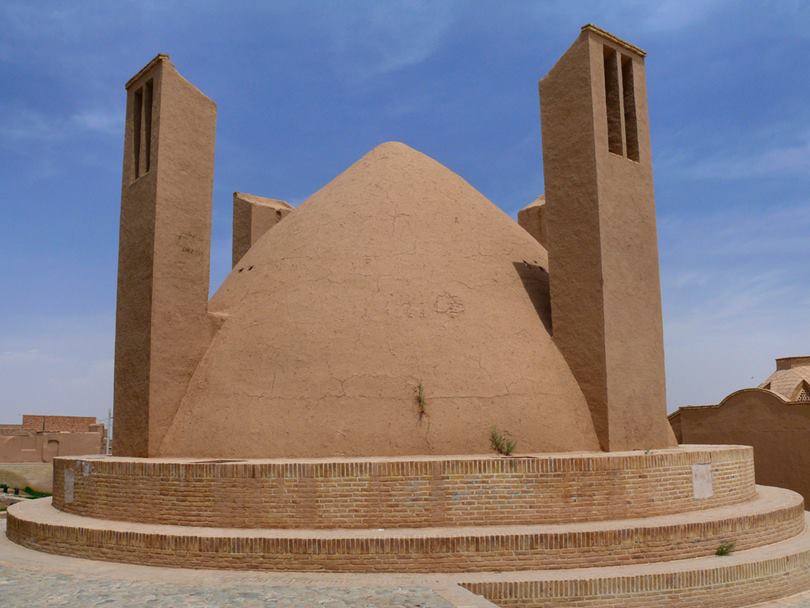
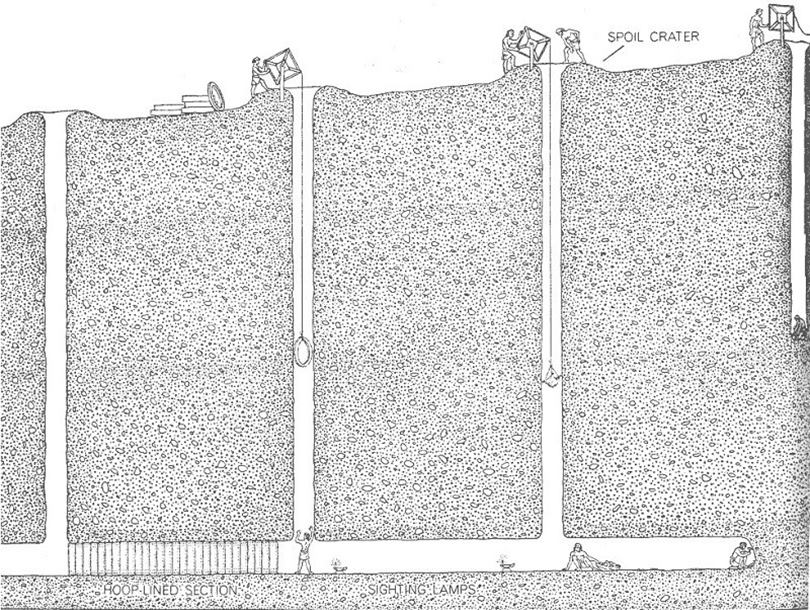
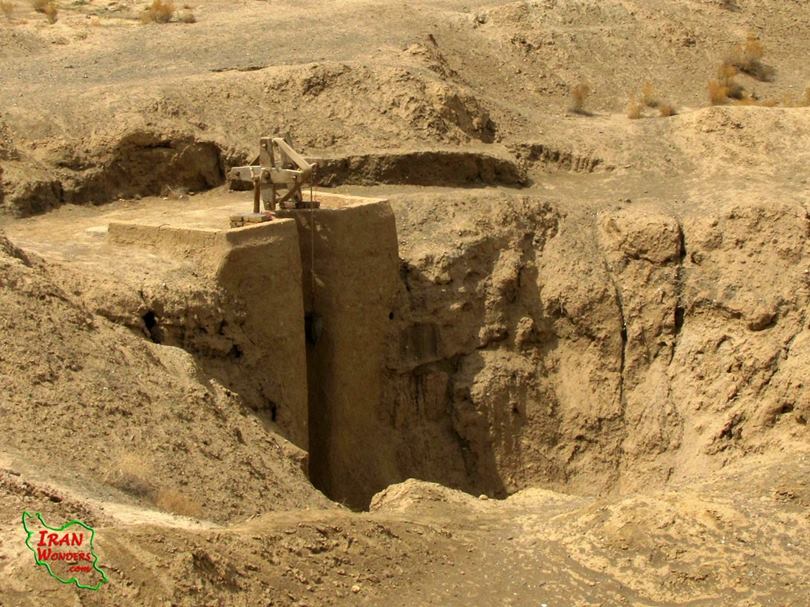
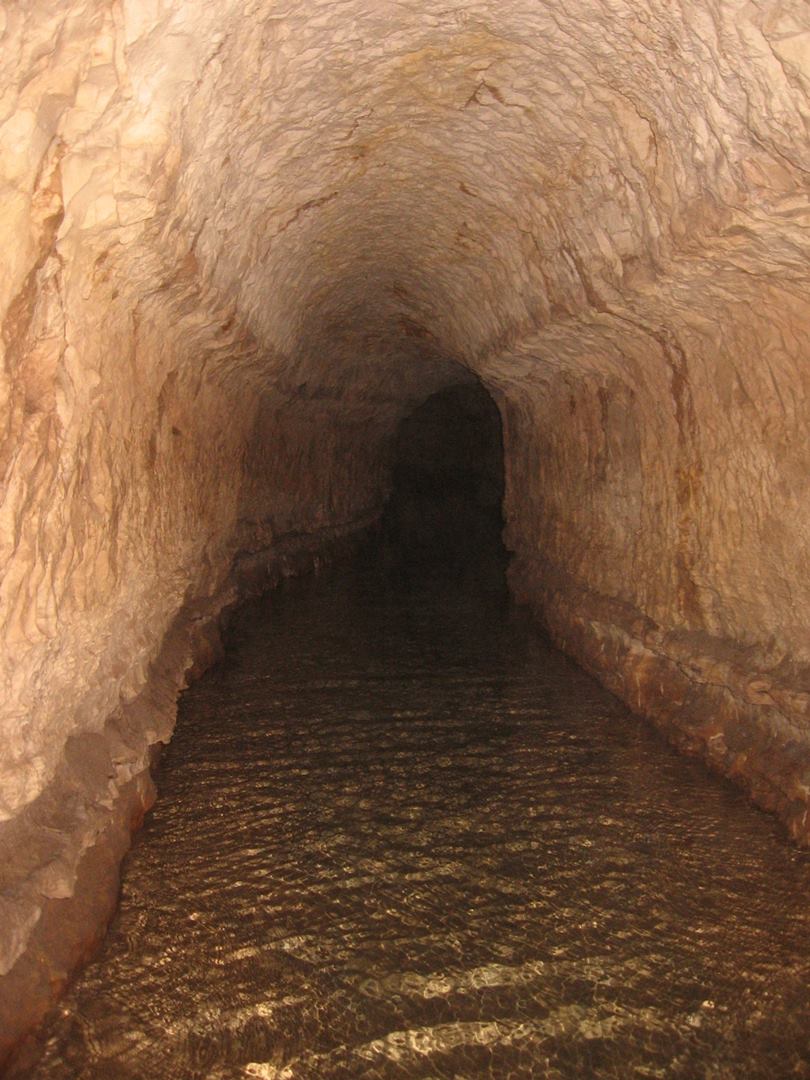
No comments:
Post a Comment